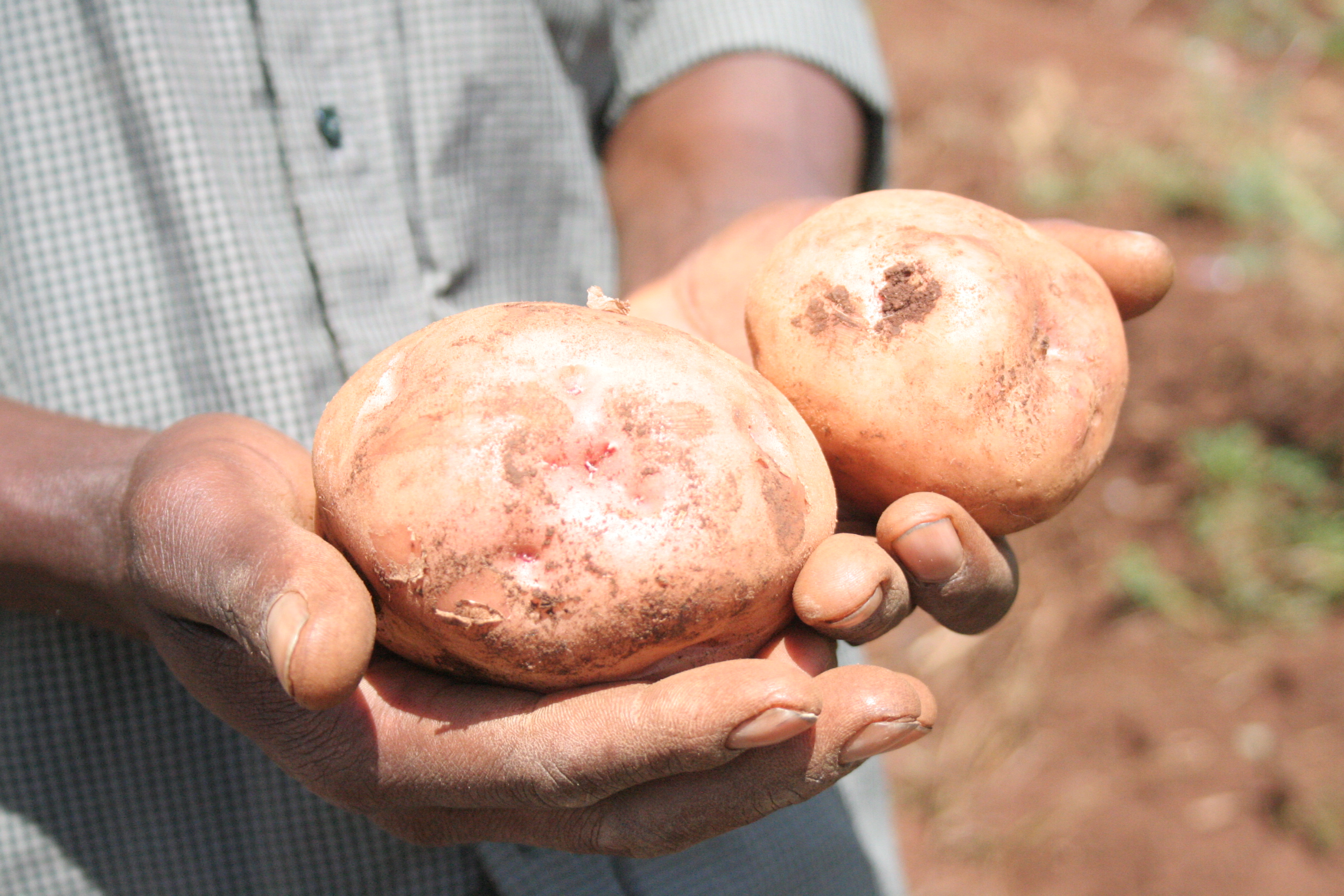During a robust debate on the outlook for food and agriculture, Kitty Smith, administrator of Economic Research Services (ERS) at the US Department of Agriculture, said the 2007/08 crisis was "symptomatic of what we can expect in the future".
Global cereal prices more than doubled between 2007 and 2008, pushing 100 million more people into chronic hunger, and the global total of hungry people to more than a billion.
Homi Kharas, an economist and expert at the Brookings Institution, a US-based public policy think-tank, said there was still "uncertainty" over the reasons for the last crisis: climate shocks, market speculation, increased demand for grains in populous countries, and volatile energy prices.
In the first session of the forum, which began on 12 October, the links between food and energy prices were mapped out. The 2007/08 food price crisis was partly driven by steeply rising fossil fuel prices, which led to an increased demand for grain to produce biofuel as a cheaper alternative.
Jacques Diouf, director general of FAO, said food production would face increasing competition from the biofuel market, "which has the potential to change the fundamentals of agricultural market systems". He said biofuel production was set to expand by nearly 90 percent over the next 10 years, reaching 192 billion litres by 2018.
Michiel Keyzer, of the Centre for World Food Studies in Amsterdam, The Netherlands, said there was an urgent need to regulate the global production and sale of biofuel.
The world's population is projected to increase from the current 6.7 billion to 9.1 billion in 2050, requiring a 70-percent growth in farm production.
The 300 or so experts attending the gathering will try to design policies and propose ways to meet the burgeoning demand, which will set the scene for a global meeting of heads of state on the issue in Rome in November.
Jikung Huang, agricultural advisor to the Chinese government, said the 2007/08 crisis had been a "wake-up call" for many countries to focus on agriculture, but now "I think some countries need an even bigger wake-up call."
jk/he
This article was produced by IRIN News while it was part of the United Nations Office for the Coordination of Humanitarian Affairs. Please send queries on copyright or liability to the UN. For more information: https://shop.un.org/rights-permissions





